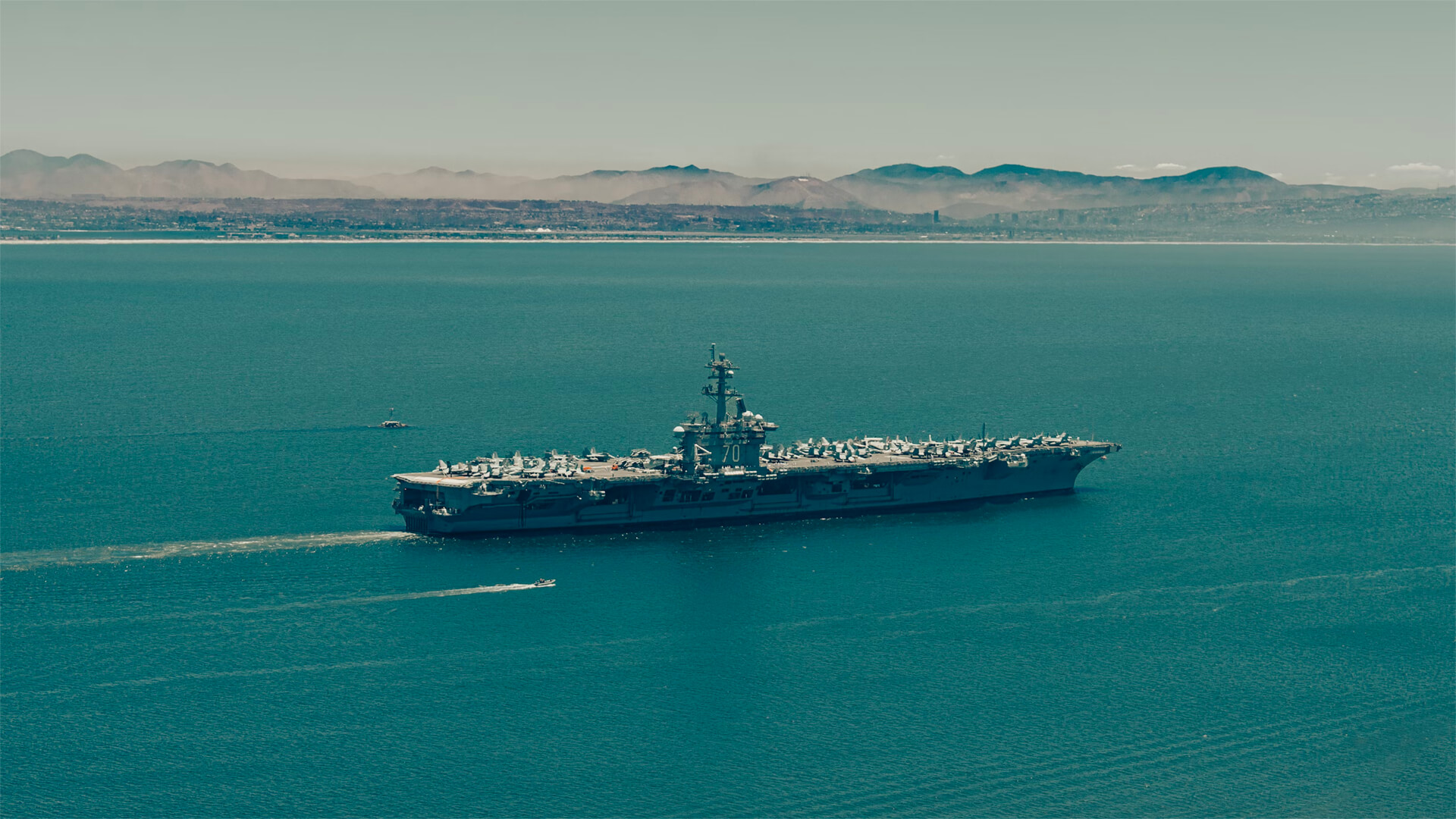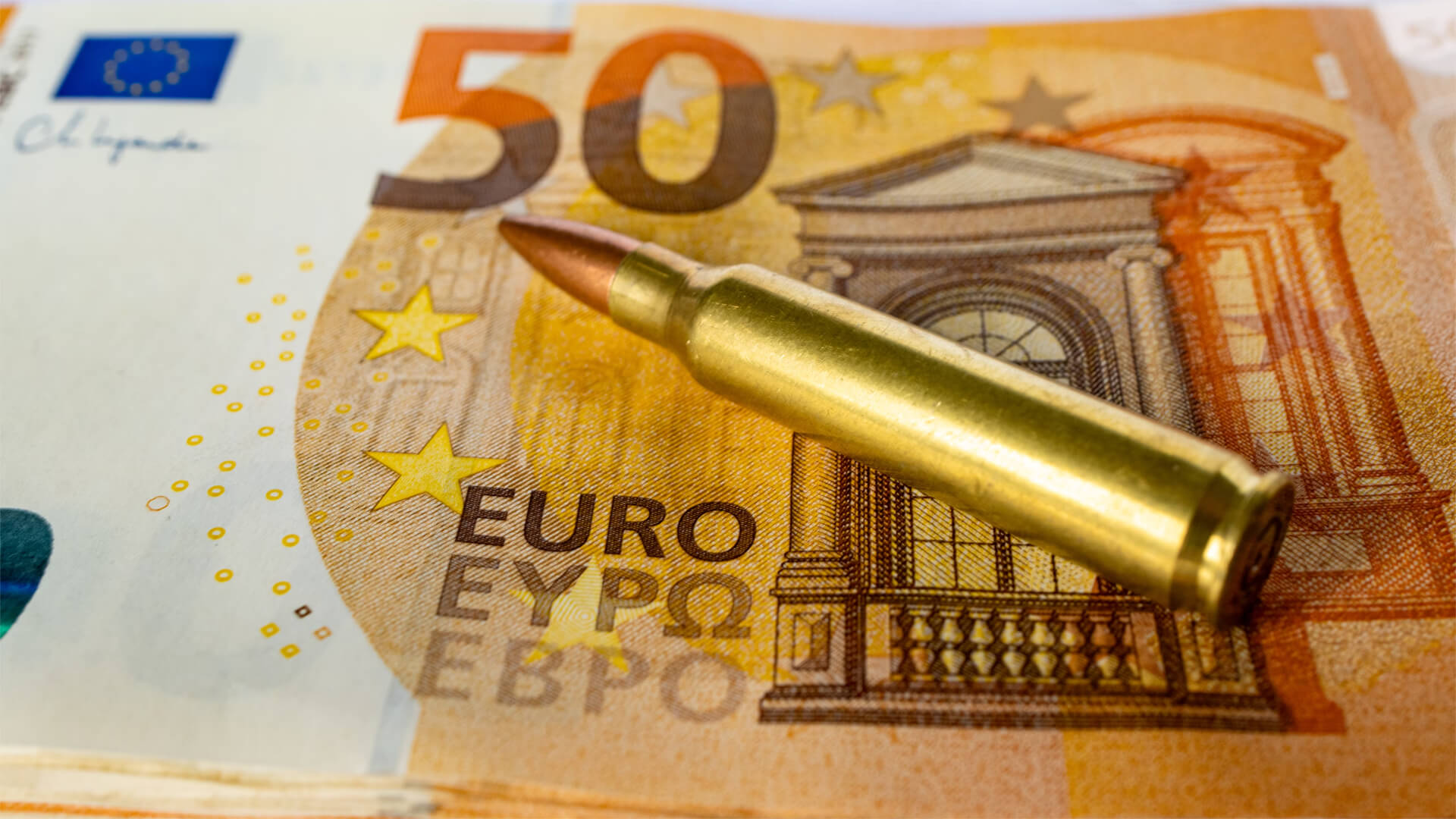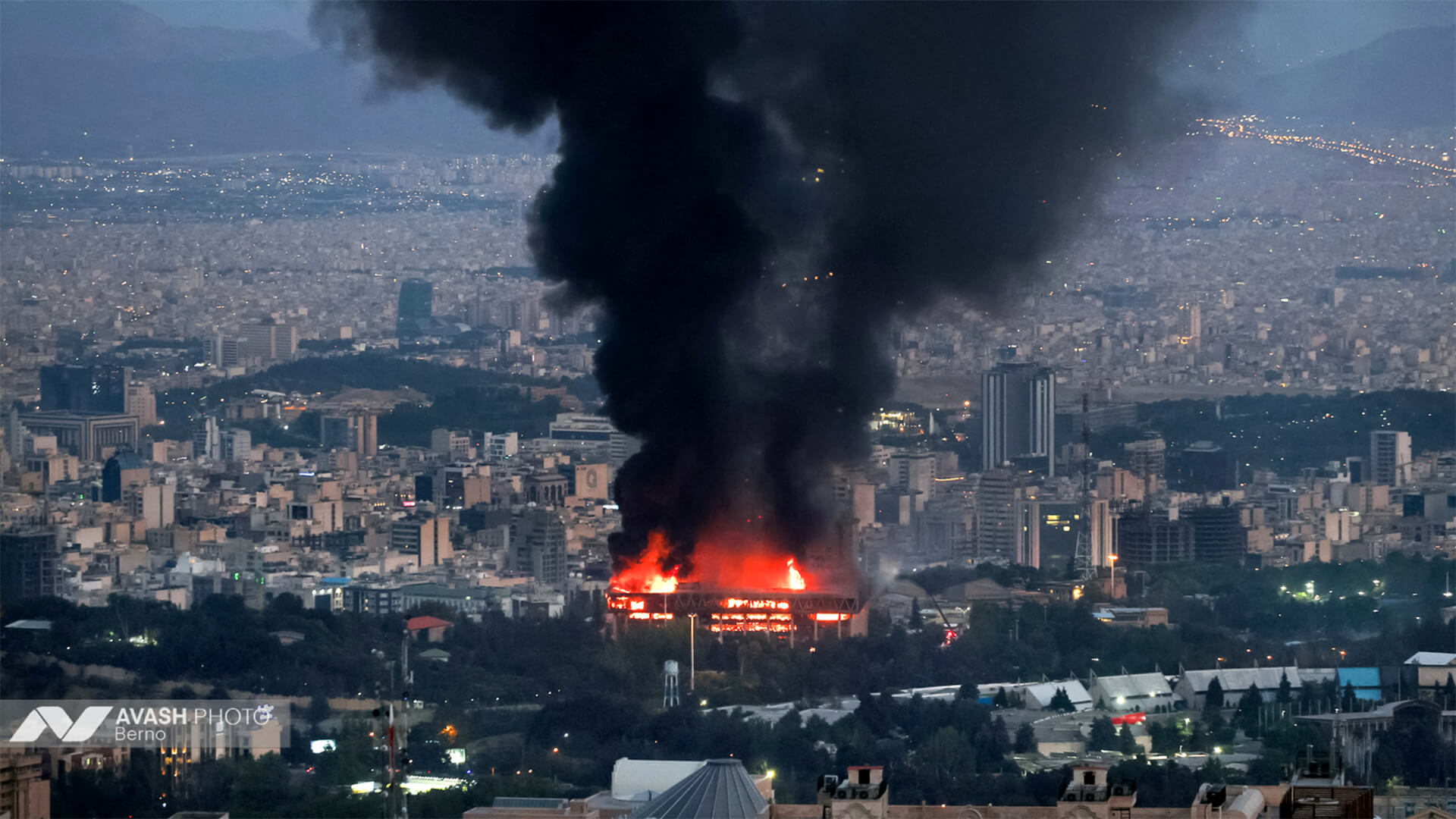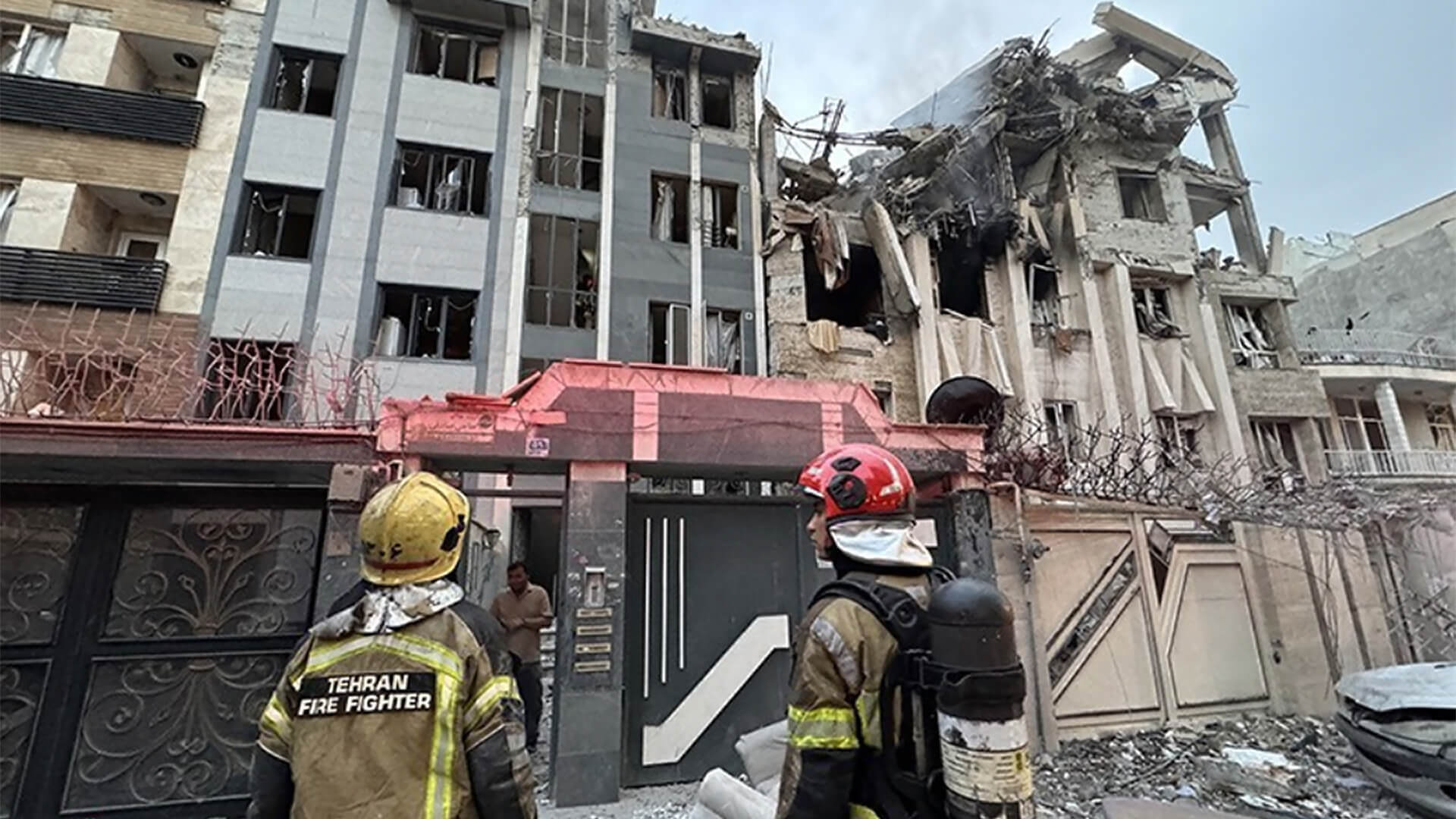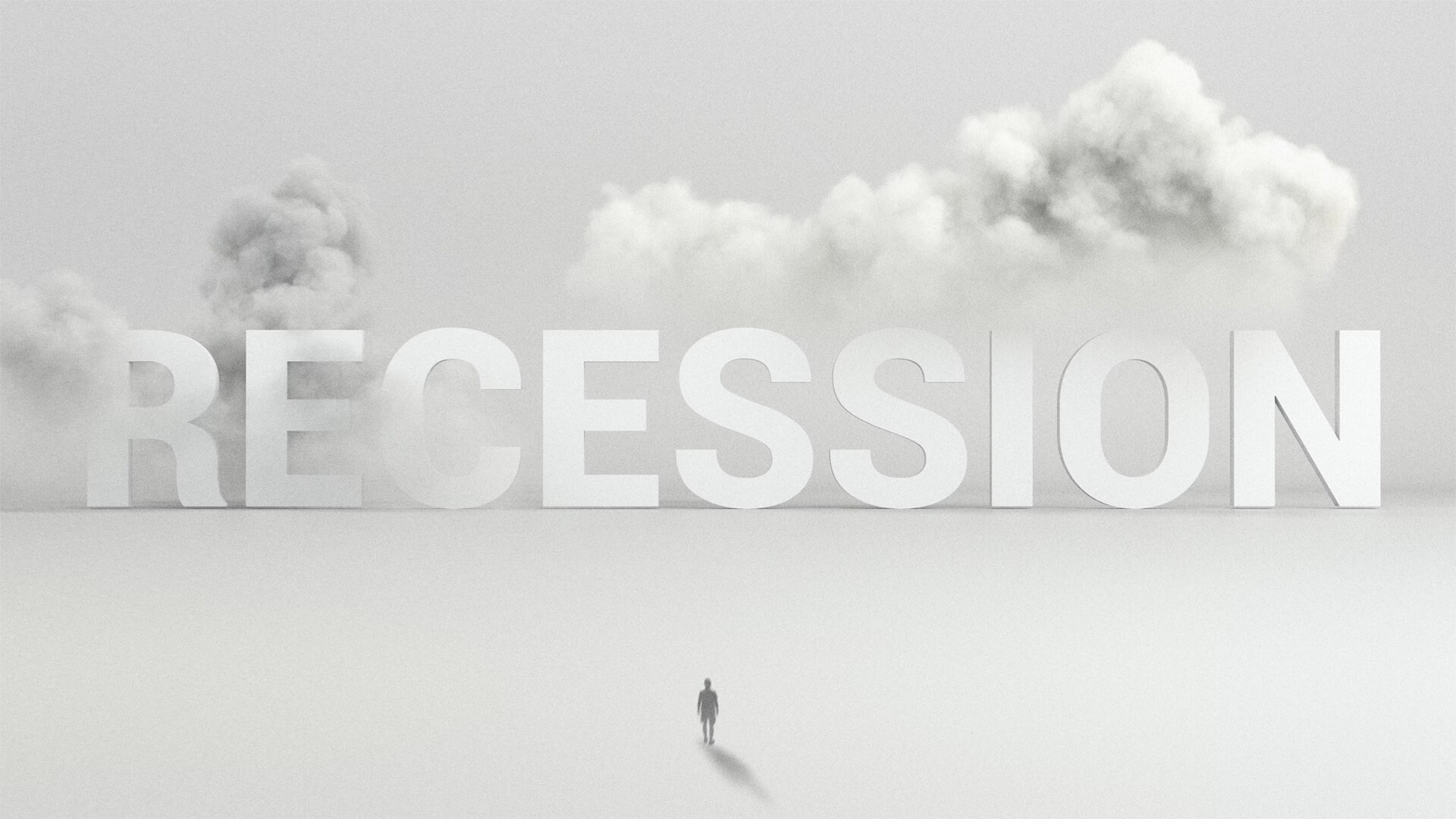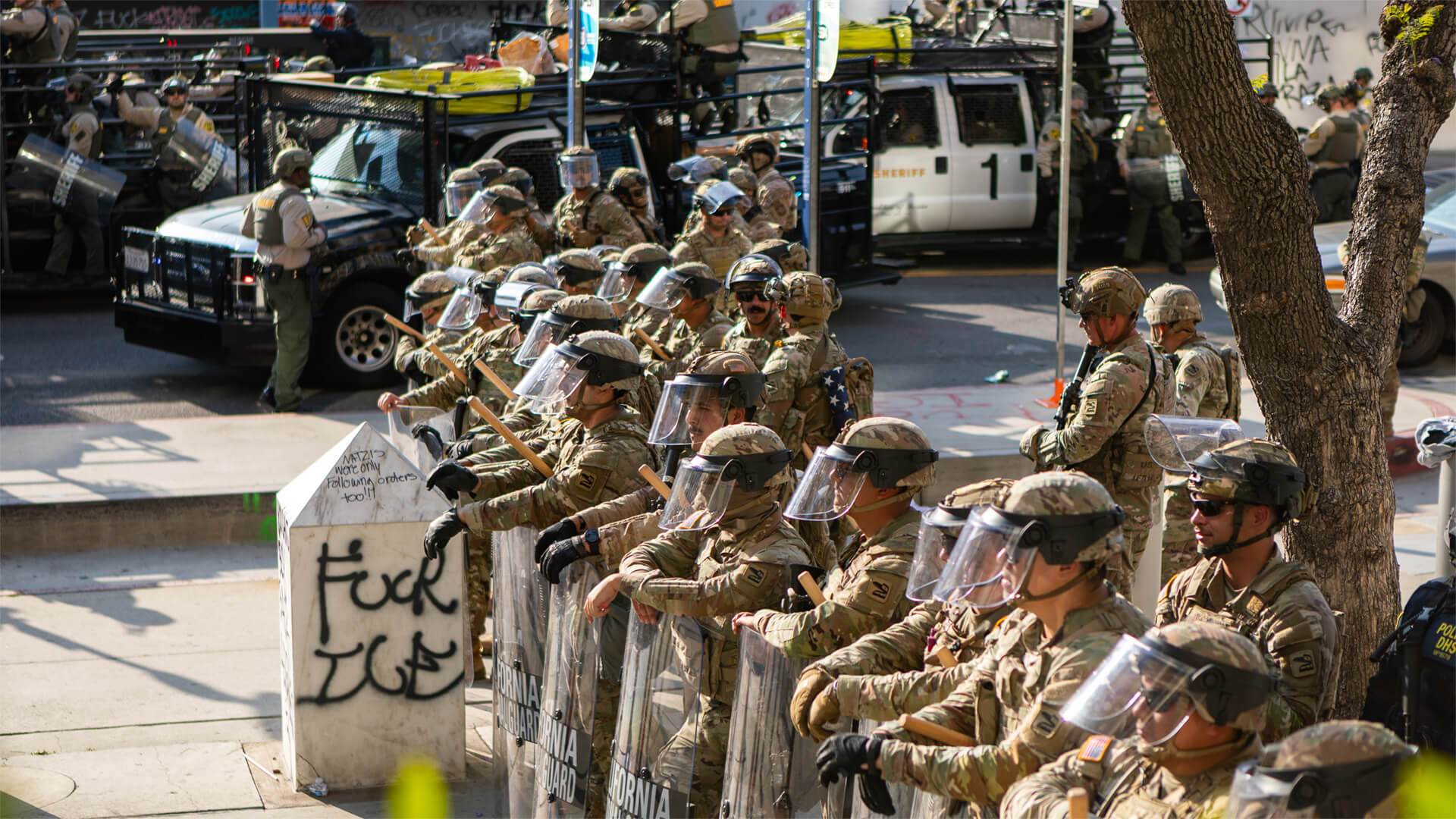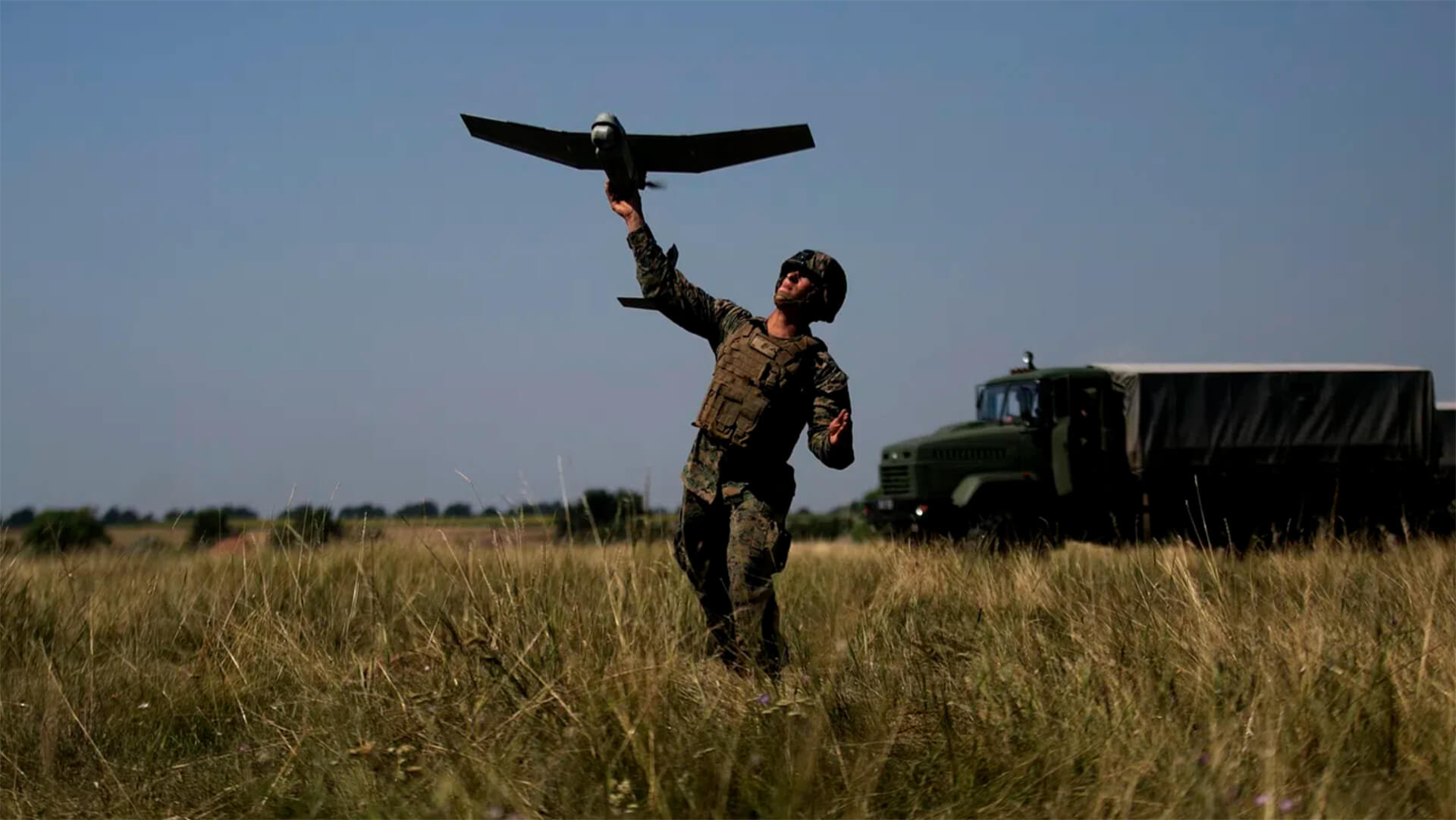Hey, all. Peter Zeihan here coming to you from Colorado. Today we’re going to continue our open ended series on the future of military technology. And we’re gonna look specifically at Europe. The Americans under the Trump administration have gone from being Europe’s security guarantor to perhaps even a security threat. And everyone in Europe is trying to figure out if there’s any pieces of the relationship that can be salvaged.
And in the meantime, laying the groundwork for whatever is next. The problem, of course, is the Europeans know in their bones that the Russians are coming for them. And if Ukraine falls within 2 to 3 years, they’re going to be fighting on European territory. So we already have the poles, which have basically reestablished something equivalent to the draft for all men of potential fighting age.
The European Union is encouraging its people to build basically prepper kits that allow them to deal for three days on their own minimum, without any sort of government services. The Swedes are announcing a tripling of their defense budget. The Germans are doing something similar. And on and on and on. But the common refrain and all of these things are two things.
Number one, the Russians are coming. We have to get ready now. And number two, the Americans can’t be relied upon. And that includes American equipment. Historically speaking, since World War two, about half of all European military procurement has come from American firms, and most Europeans are basically looking to drive that number down to zero as quickly as possible. This isn’t necessarily a political issue from the European issue. It’s a practicality issue.
Legacy systems like fighter aircraft can take decades to design, years to build out the industrial plant, and then you get only a certain flow through of production per year. So if you look at the options that are in front of the Europeans right now, there’s really only four. First is the American F-35, which is by far the best in terms of overall capabilities, but it has a couple giant, flaws in it.
Number one, it’s over $100 million in airframe and then triple that addition over the lifespan of the vehicle. So, you know, the Europeans just don’t have that kind of money. But the other options Europe has designed for themselves don’t look great.
The best one is probably Sweden’s Gripen. They can make about 25 of those a year. That’s great for Sweden, but it’s not enough for anyone else. The French have the rifle, which they can also do about 25 a year. Again, because the French have been maintaining an independent defense. Identity for decades. That might might be enough for just France, but there’s no more for anyone else.
And then you’ve got the Eurofighter Typhoon, which is kind of the European equivalent of the F-35, but older technology, which is of questionable use in a lot of situations. It’s designed the industrial plant is designed for 60 year, but it’s really never run more than 20. So the idea that you can spin this up is a question mark.
But the bottom line is, you know, if you’ve only got 2 to 3 years and you’re talking about needing about a thousand airframes, there’s just no version of traditional fighter jets that works for you at all. And so the Europeans have to turn the page on military technology and try something fundamentally new.
Consider the system in Germany, which is kind of emblematic of what’s going on and what will be going on. They’ve invested nowhere near enough for the defense industry to be self-sufficient on any stretch of the imagination. And me personally, the idea of a relatively unarmed Germany. I consider this a plus from a security point of view personally.
Anyway, now that the Americans are proving to be a little whacko, the Germans have to do their own thing. And so they’re looking at the legacy systems that they’ve invested in. After the Ukraine war began in 2022. The Germans decided to belatedly sign up to the F-35 program that the Americans run, on the condition that the manufacturing for the German airframes actually happen in Germany.
So the Americans basically worked with the Germans in 2023 and 2024 to build a facility that can handle the construction, but it’s not happening fast enough. I mean, the first plane began manufacture in 2024. It won’t be finished until 2026. First deliveries to the German Air Force won’t happen until 2027, and the 35 airframes that the Germans have ordered won’t be completely built into around 2040.
And it’s only 35 frames for a country the size of Germany, that is almost pointless. But the cost of these planes is, you know, 100 to $110 million in airframe. It’s a waste of money, especially for an airframe that is not appropriate for the German strategic needs. So why did the Germans do it at all?
Well, two reasons. First, that implicit security guarantee you get from the Americans because you know, you’re using their hardware. Trump administration has shown that that is absolutely worthless. So that logic has gone away. And second, they want to learn the technology. And so what’s going to happen in Germany is because what’s going to happen a lot of places, assuming they continue with the F-35 program at all, it’s just so that they can do it long enough to master the technologies involved.
Then they’ll, under the contract, walk away and use those technologies to build something that they actually have a use for. And at the moment, the only thing that looks sufficiently promising to replace ground strike air power, is a combination of air defense and drones. And in that the Europeans do have a couple things going for them. First is resources. Drones cost a lot less. The most advanced rocket drone that the Ukrainians have fielded so far only costs about $1 million, compared to a $110 million for an F-35. Smaller drones that are used on the battlefield to go after tanks are an order of magnitude less.
And the anti-personnel drones that the Ukrainians have been kicking out in the millions because two orders of magnitude less. There’s also a range advantage of the shaheen’s that come out of Iran, much less the Ukrainian and the Russian. Duplicates of those technologies have the same range as the J35, and you can send them out in the thousands if you want to, which means that any sort of forward positioned air facility is going to have to have great jamming, because if a few of those suckers get through, you’ve lost airframes that you simply can’t replace.
So the Europeans are terrified, and rightly so, because they have to turn the page on the technological book that they’re used to, but they have to do it because there’s no way they can build out the industrial plant that is necessary to generate what they need in time. There are only a very few countries in Europe that have been able to even try this, and it’s ones that started years ago, specifically mentioning the Swedes and the French, who have always had an independent defense identity and maybe mentioned poles, who have been working with the South Koreans to build out their capacity.
They brought in a couple hundred tanks. They’re building out construction facilities right now with the intent of starting mass production next year. But even that might not be soon enough. So it’s drones, drones, drones, drones, drums. And if you look at what the Europeans were planning on spending on the F-35 program, it was supposed to be about $80 billion for procurement and then about another 220 to 250 billion for, life cycle.
You know, that’s a lot of money that you can put in other things. And so the Europeans are going to be doing just that. So resources probably not going to be an issue because the technologies are much more appropriate to the needs the Europeans have than what the Americans would have sold them otherwise.
The second issue provides even some more, hope and that’s Ukraine. Ukraine, out of necessity, has become the world leader in drone based technologies. And it’s got everything from those small first person drones that have a range of a few kilometers to fiber optic drums that are immune to jamming, that have a range of upwards of 60km long range ones like their rocket drones and their version of Shaheed, which can go 600 to 1000km.
And increasingly, we’re seeing the manufacturing being more and more components that come from Ukraine itself right now. Probably, when they started, it was like 10 to 20% of the components were made in Ukraine. Now it’s closer to 70 to 80%. The biggest challenge of the Europeans are going to have is building out the industrial plant that’s necessary to build these parts.
Right now, a lot of this stuff just comes from the United States of China, off the shelf. They’re gonna have to build that themselves. But the Ukrainians have shown, with a relatively strict budget on a tight timetable while under air assault, you could actually make a lot happen. So if you start doing this in, say, Belgium, while you’re in a very different security situation with a lot more money, that you can throw these problems.
But perhaps the best advantage that you have of working with Ukraine? Well, there’s two of them. Number one. This is where the things are going to be used. And every drone that is used in Ukraine against the Russians is one that doesn’t have to be used in Germany, against the Russians. That provides you a lot more flexibility. Not to mention an amazing testbed.
But second. The Ukrainians have promised to fully share all of their drone technology with any country that is willing to put boots on the ground in Ukraine, either as part of a peace agreement, as for on training, or to fight the Russians directly, and for the Europeans who are watching the Americans exit stage right. That’s a really attractive offer.
Now, will this work? Revolutions and military affairs caused by changes in technology. These are tricky things. You don’t know what’s going to work until it comes up against its equivalent on the other side and up against legacy systems on the other side.
the determining technology that I have identified at the moment. And keep in mind that, you know, anyone who makes these guesses is just that.
It’s just a guess. It’s jamming. Because if you can prevent the drones from functioning, then they really can’t target anything. Now again, the Ukrainians have become the world leaders in electronic jamming technologies and the most expensive jammer they build right now is only $5 million. That’s like 1/20. The cost of what comes out of the United States. And the Ukrainian system is far, far, far superior.
The American systems really can’t jam drones at scale. So you basically get the Europeans looking to bankroll Ukraine’s military industry with the hope of copying and advancing as much of it as possible as part of Europe’s own defense matters. Now, this doesn’t solve everything. They’re still gonna have to figure out infantry. They’re still gonna have to decide if they’re even going to have a navy.
And at the end of the day, there are certain missions that you need manned aircraft for that drones can’t do. But that is today. If you had told me three years ago there’d be something called a rocket drone with a range of almost a thousand miles that was basically immune to jamming. I would have laughed at you. But necessity, invention, all that good stuff. The Europeans are operating under necessities lash.

